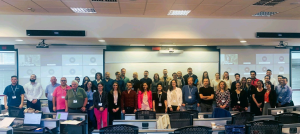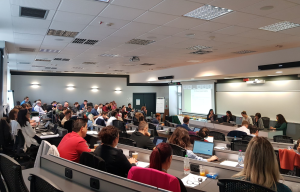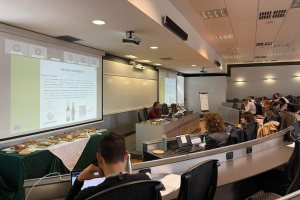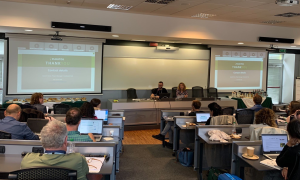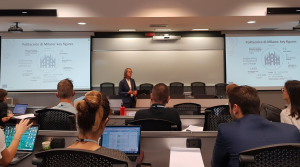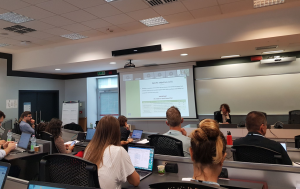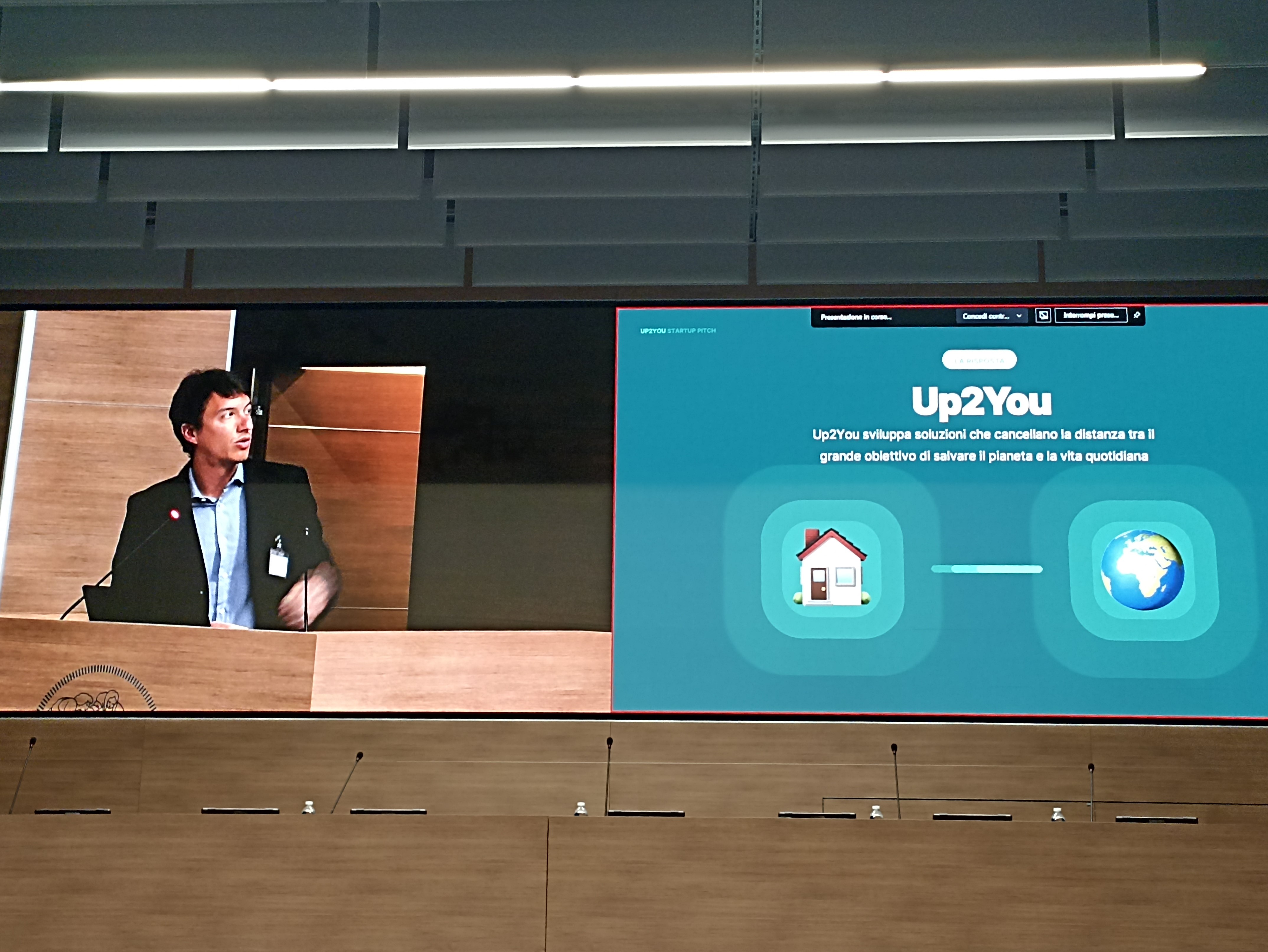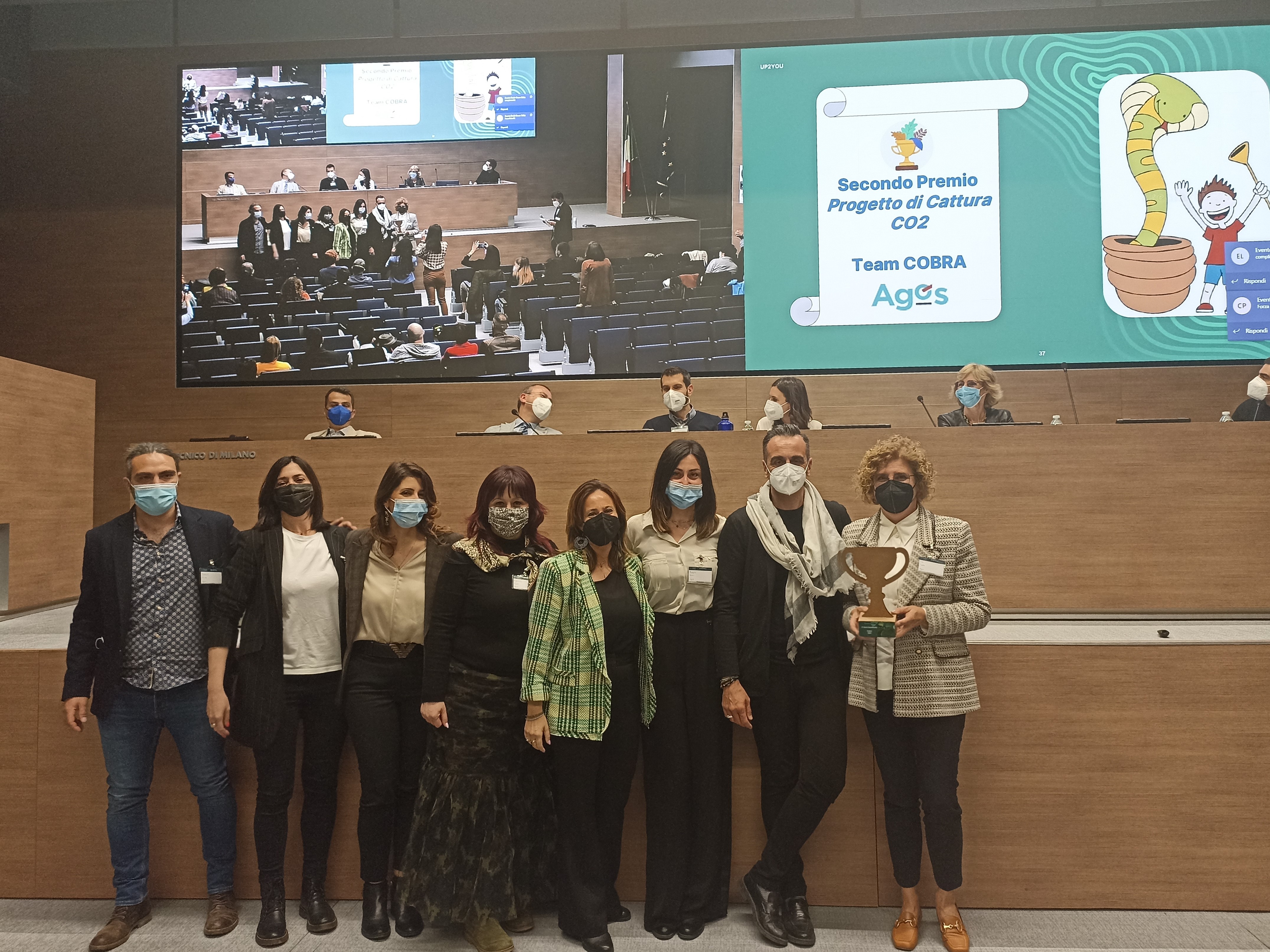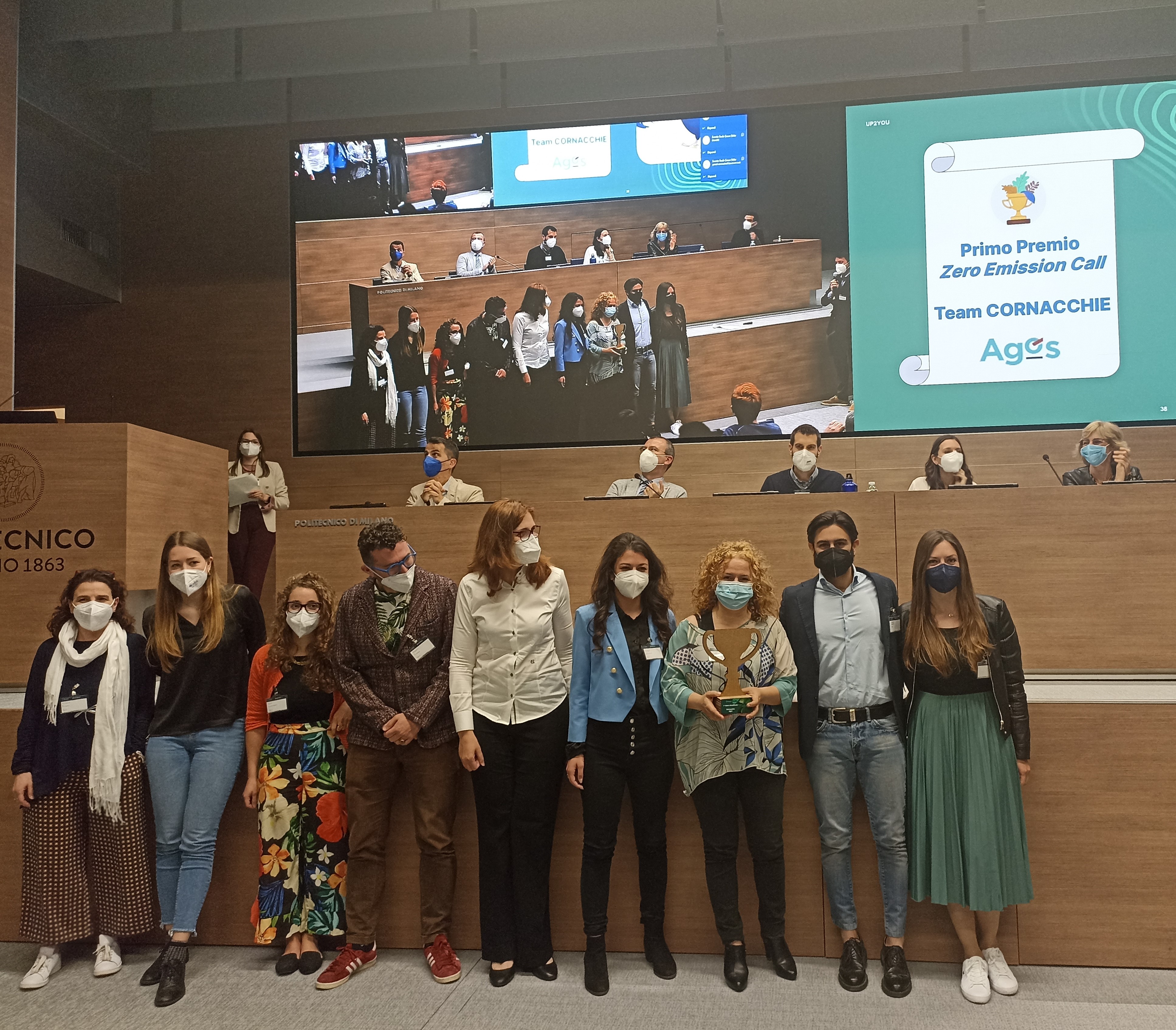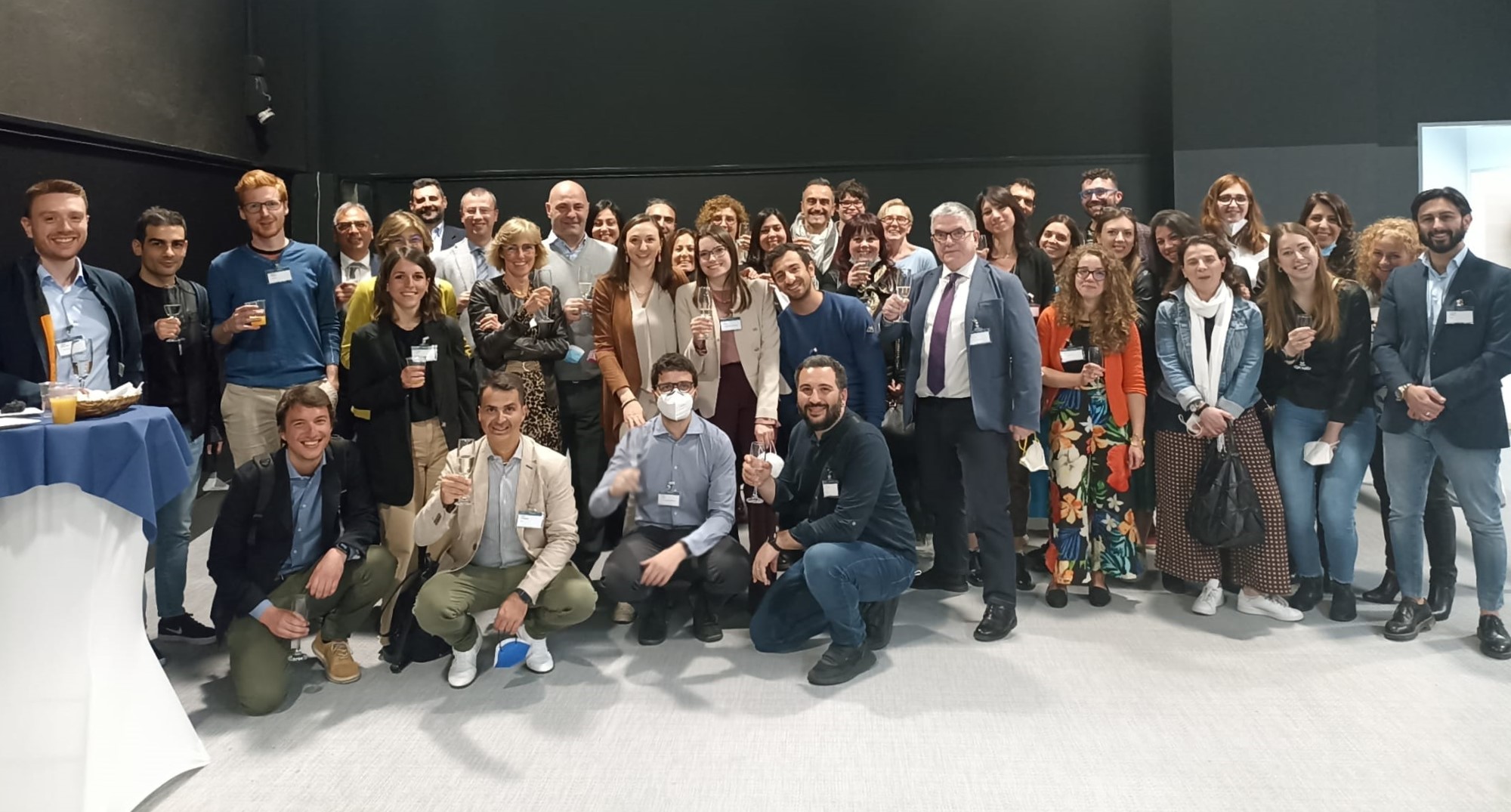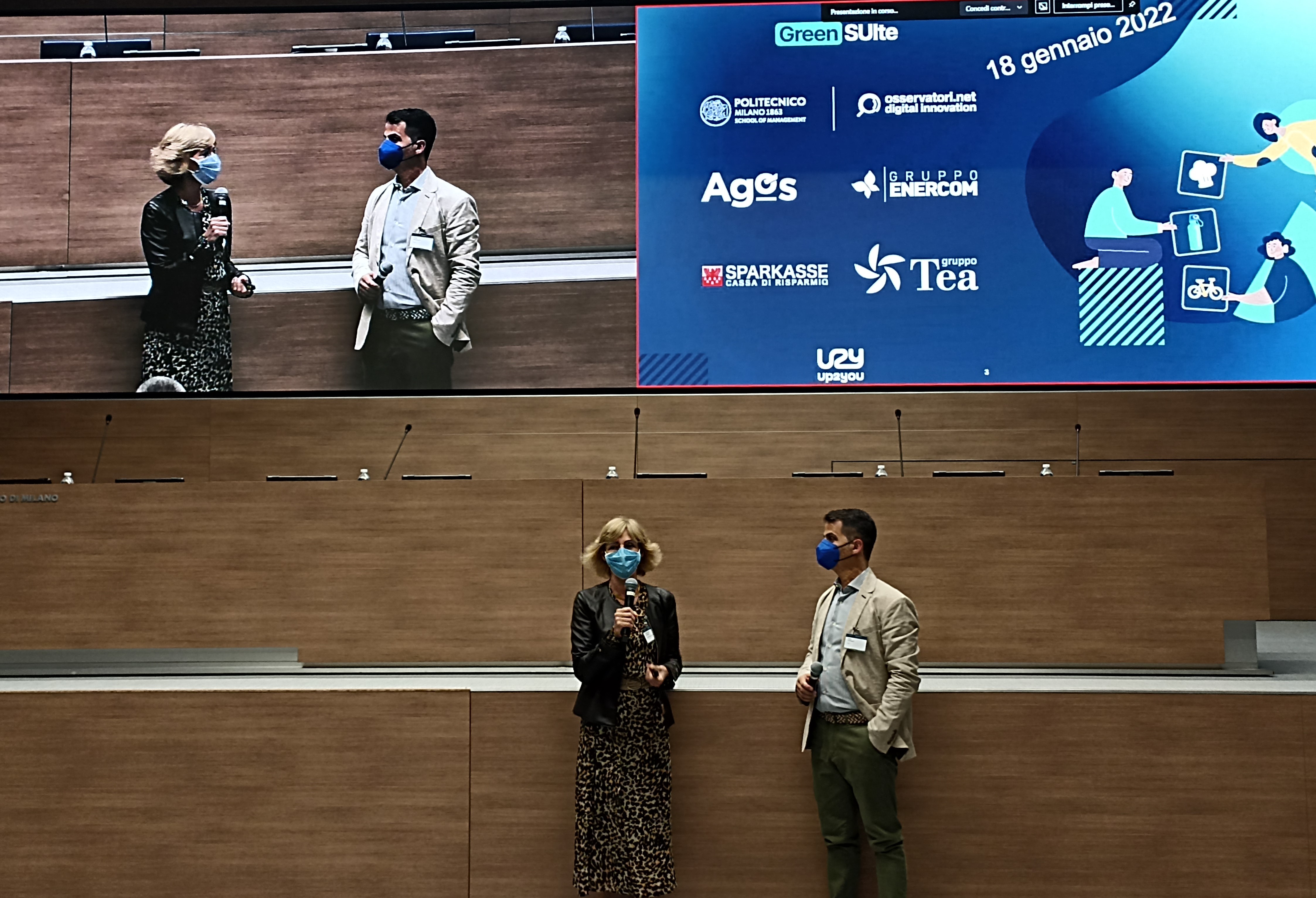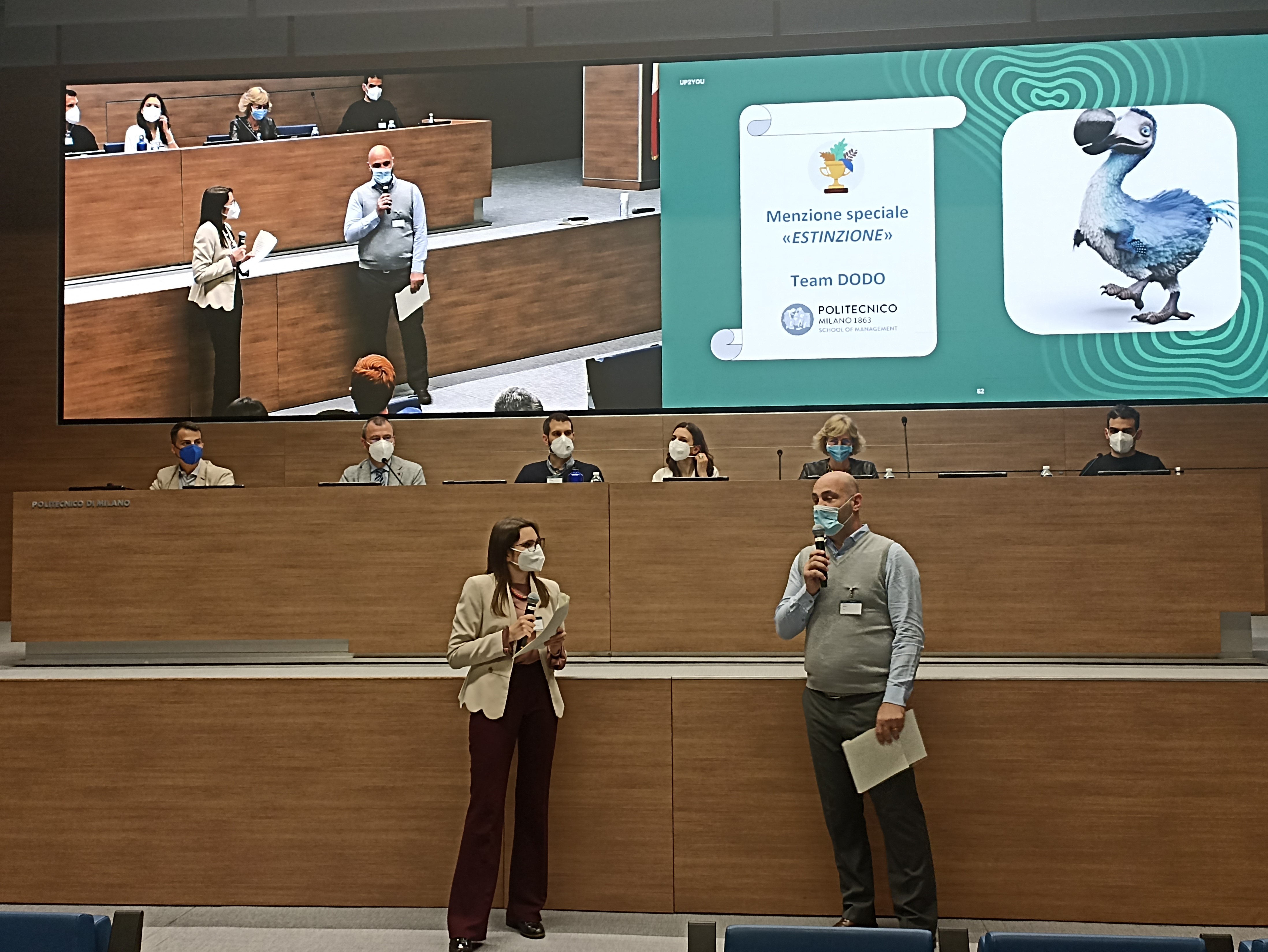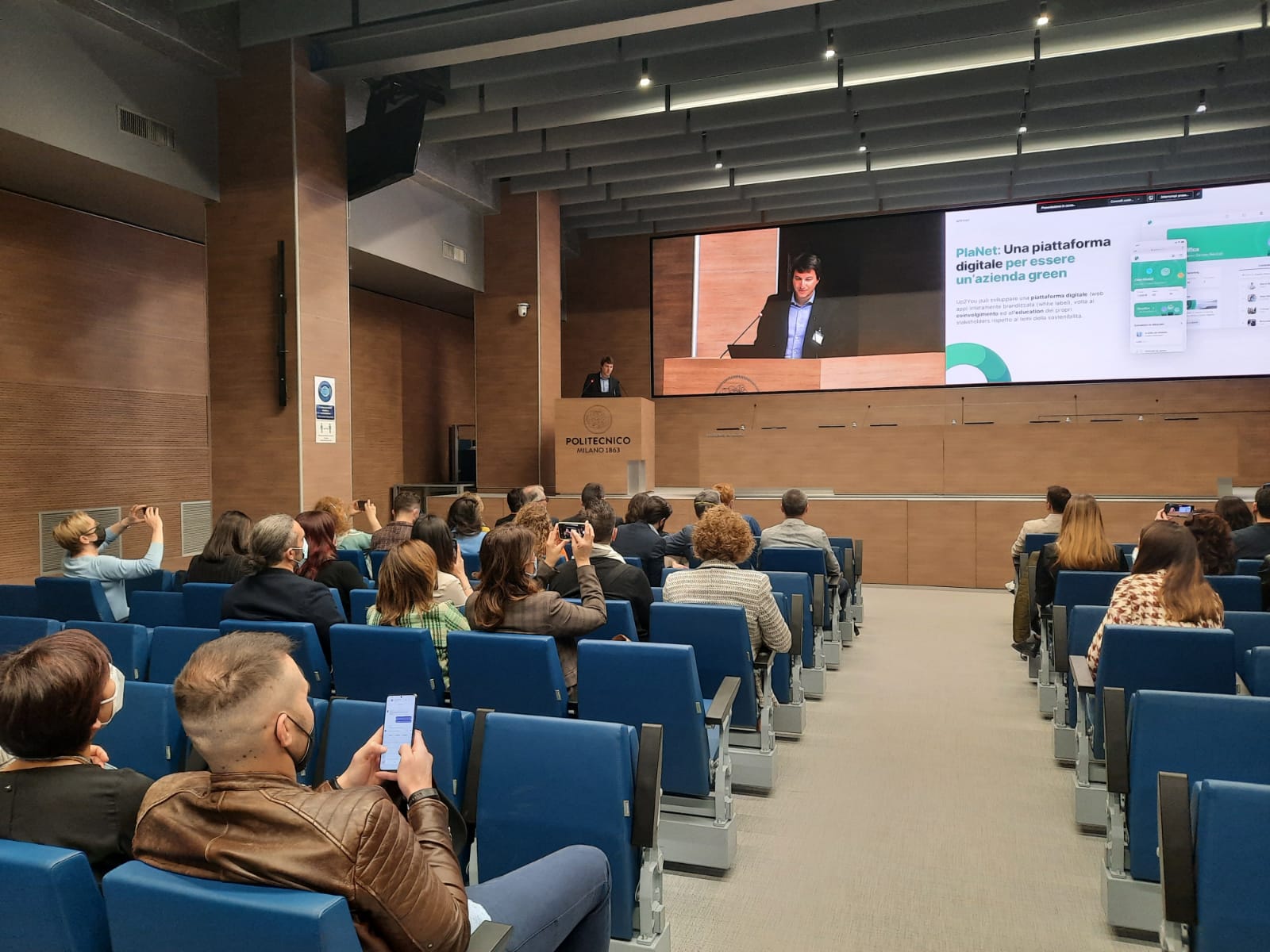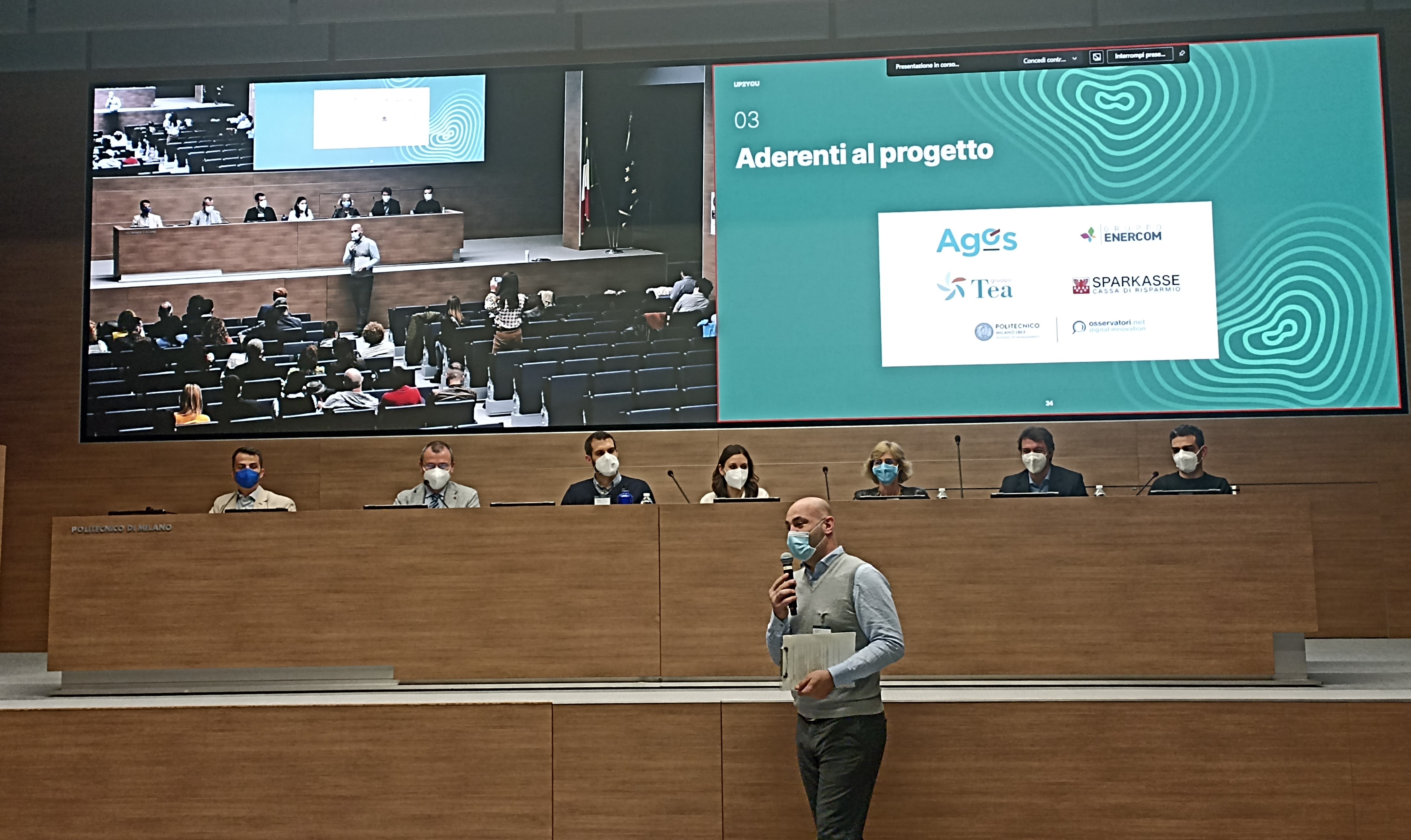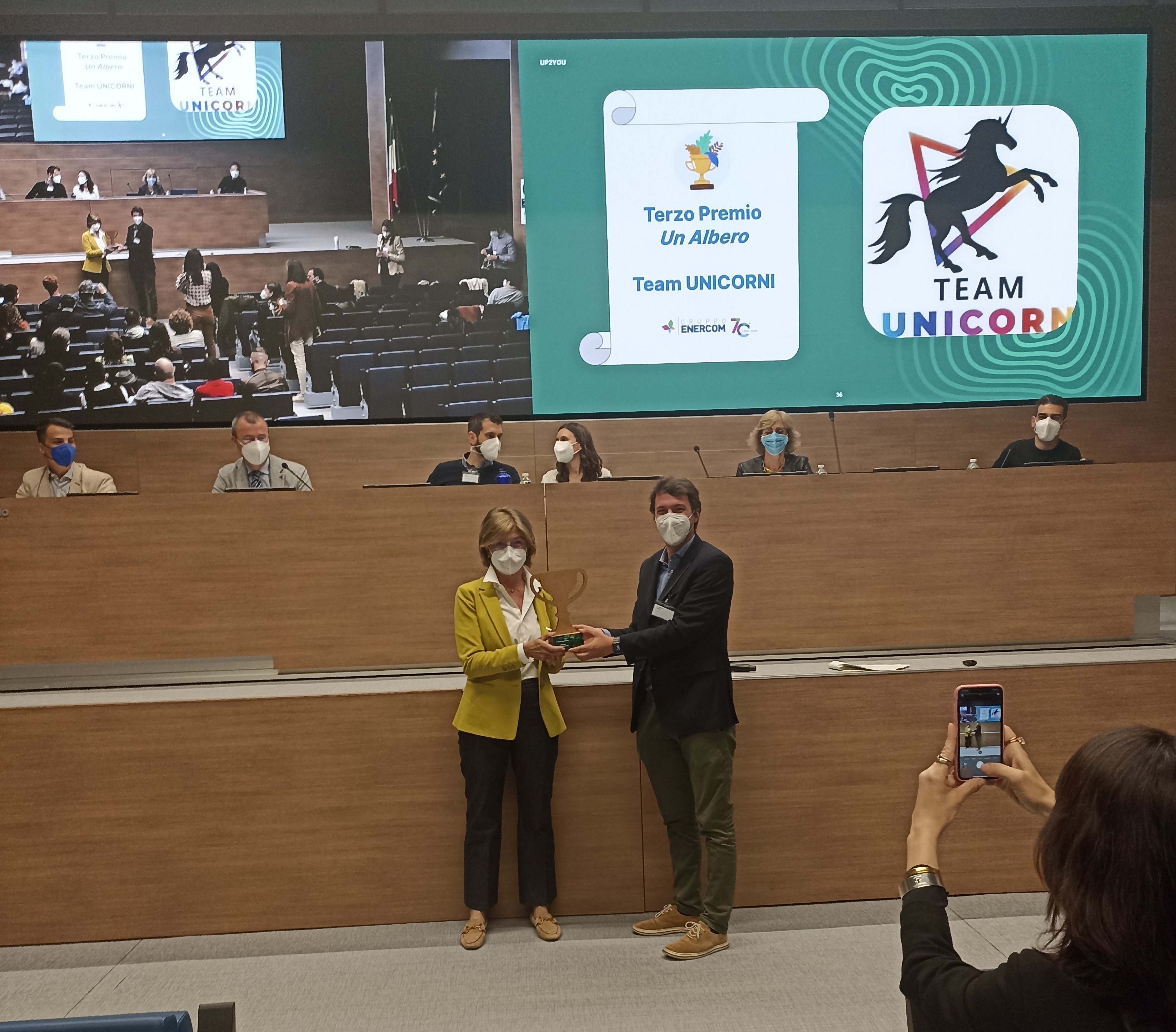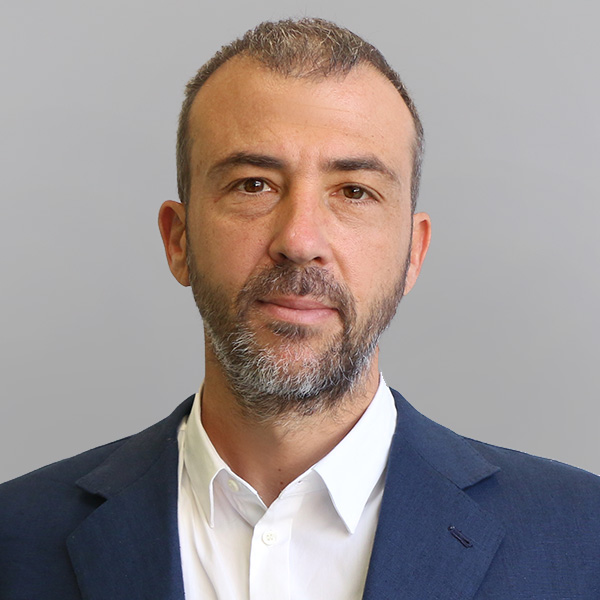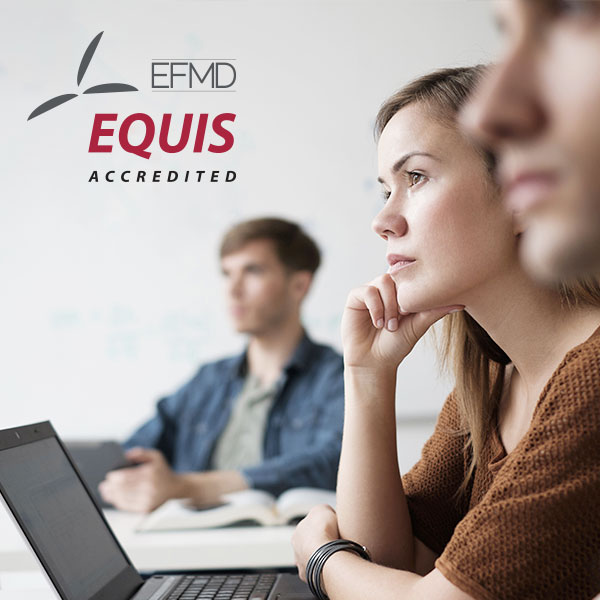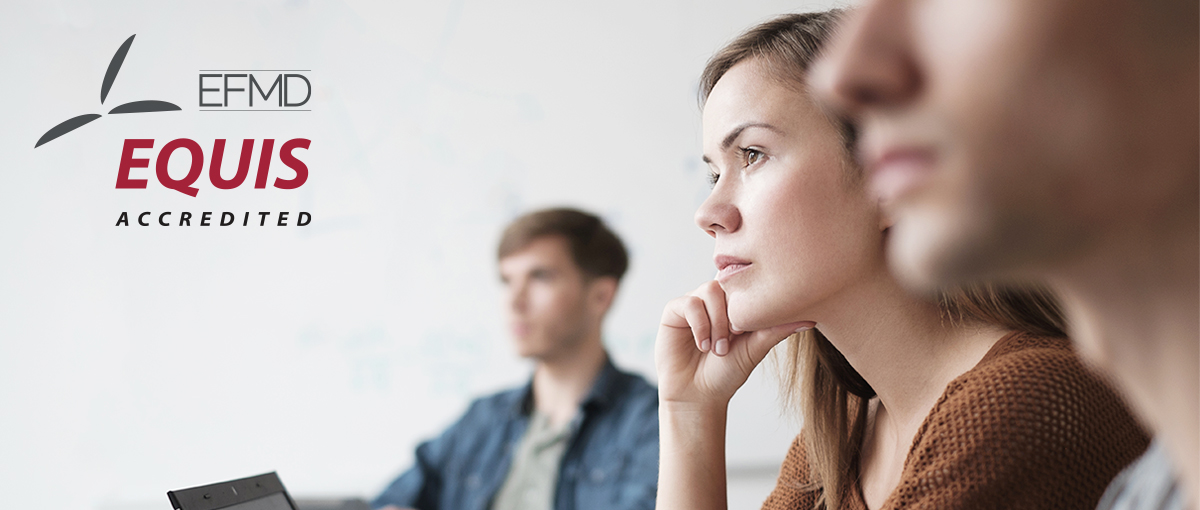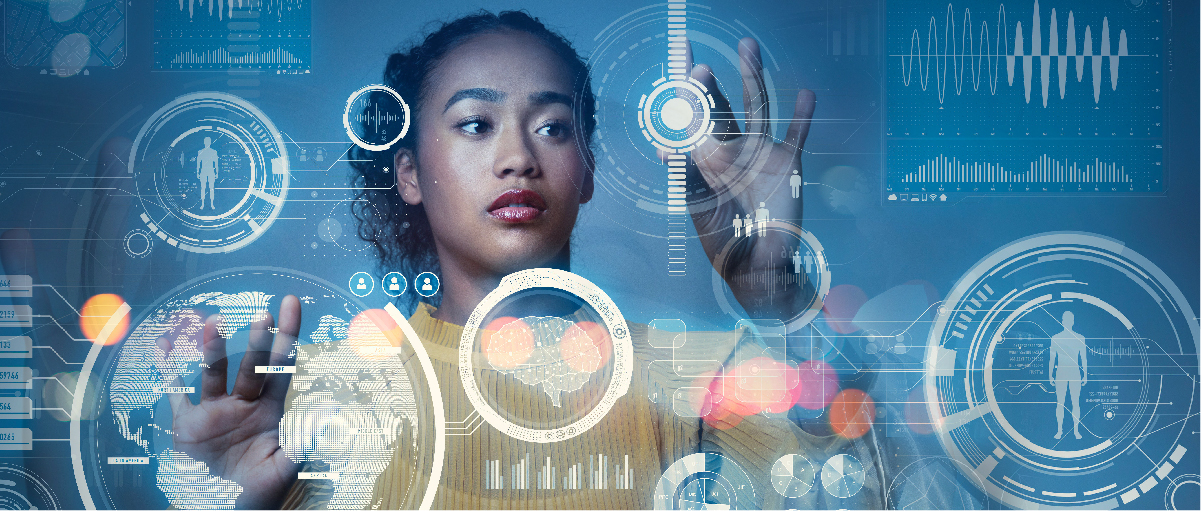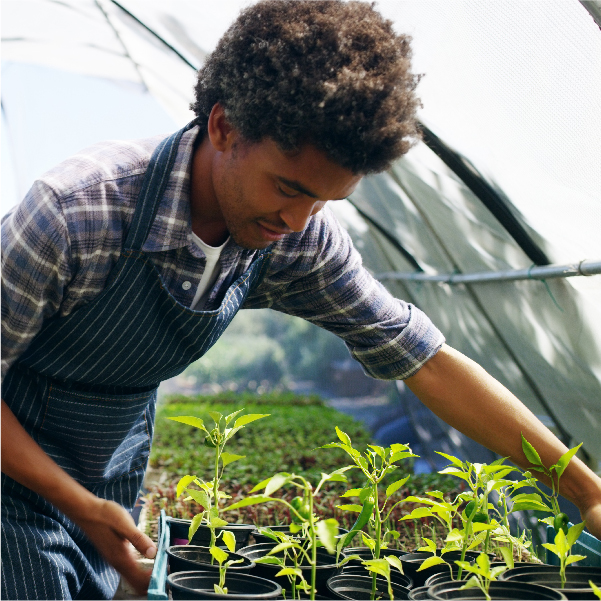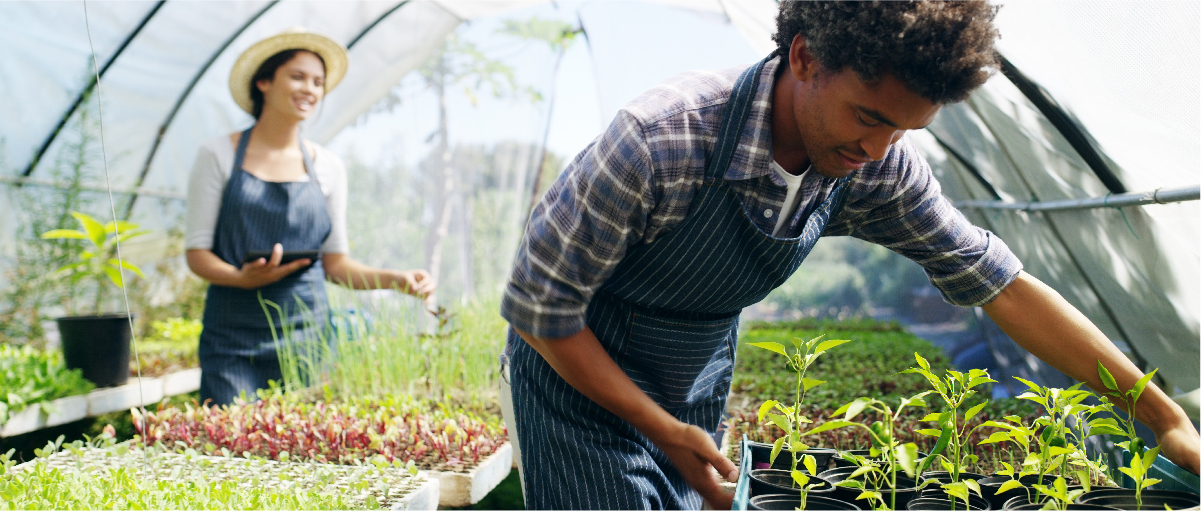Through data-driven technologies, collaborative business models and behavioural changes the project aims to make agri-food value chains more environmentally, socially and economically sustainable.
Agrifood systems are currently facing many interlinked challenges including the increasing world population, changes in climate conditions, the deterioration of natural resources and power imbalances along the value chain. The complexity of such challenges and the strong interconnection among stages of the supply chain imply the need to adopt innovative and systemic approaches, which can unlock the potential of the agrifood system to provide economic, environmental and social benefits. Innovative approaches must combine different forms of innovation: technological, organisational, social and institutional. Instead, systemic approaches require different actors across the agrifood value chain to cooperate with each other in the (re)design of more sustainable food systems.
Identifying, implementing and testing such innovative integrated approaches is the aim of Ploutos, a research and innovation project funded under the Horizon 2020 programme. The project, coordinated by the Greek organisation GAIA Epicherein, started in October 2020 and is now in its third and last year of execution.
The School of Management of Politecnico di Milano is one of the core partners of the project thanks to the deep knowledge about agrifood systems developed within the Food Sustainability and Smart Agrifood Observatories. The research team, led by Prof. Raffaella Cagliano, is primarily involved in the development of a framework for sustainability-oriented innovation that combines behavioural innovation, collaborative business model innovation and data driven technologies. This framework is currently being applied in 11 pilots covering a large variety of agri-food ecosystems across 13 countries. The design and implementation of innovative approaches follow a multi-actor approach and is supported by the “Ploutos Innovation Academy”, a virtual Academy where stakeholders are engaged in the co-design of innovative solutions and have access to a series of good practices regarding the sustainability of agri-food value chains.
The last year of the project officially started in October 2022, when the Ploutos Consortium met in presence at the premises of the Department of Management, Economics and Industrial Engineering. More than 50 representatives from 33 organisations gathered in Milan on October 4-5 to share the results achieved so far and to plan the activities for the last year ahead.
During the meeting, the 11 Sustainable Innovation Pilots (SIPs) had the opportunity to showcase the results of their work. The innovations they are developing revolve around some key aspects that are shaping agrifood value chains: smart farming solutions, traceability and data sharing, reduction of food waste, consumer empowerment, climate change adaptation through carbon farming and parametric insurance, and synergies between agriculture and tourism.
Smart farming and traceability solutions play a central role for many SIPs. For example, SIP1 has launched a traceability app that is currently used by actors operating in a frozen fruit value chain in Greece to retrieve all the information about the product, from crop inputs to process packaging operations. With respect to food waste, SIP9 has developed a platform that connects businesses with frontline charities and community groups to streamline surplus food donations. A total of 150 stakeholders from Serbia and North Macedonia has been onboarded and the solution allowed to redistribute more than 80,000 kg of surplus food through more than 50 realized donations. To reward farmers who adopt carbon sequestration practices, SIP8 and SIP10 are working on the development of a system to calculate and trace carbon credits, tradable certificates quantifying the amount of carbon sequestrated and stored in the soil. “Without agriculture, there is no tourism” is the motto of SIP11, which is seeking to strengthen the collaboration between the agriculture and the tourism sectors in the Balearic Islands by promoting experiences designed around local varieties and products. An example is the organisation of guided tours to admire the almond trees in bloom, an important tourist attraction.
Regardless of the specific focus of each pilot, some important conclusions can be drawn from the experiences collected in Ploutos so far.
First, combining different forms of innovations prove to be key in the adoption and scale-up of sustainability-oriented innovations. Even a very useful and well-designed digital solution may be ignored if rational/non-rational reasons influencing technology adoption are overlooked, or if the business model is poorly designed. The strong interdependence among the three pillars of innovations (technology, business models and behaviours) leads to important research questions currently under investigation: what element triggers the innovation journey of the pilots and how is the process unfolding? Providing answers to these questions will be among the research priorities of the POLIMI team over the last year of the project.
Finally, a long-term win-win relationship must be established among actors of the value chain as more competitive and resilient food system can be achieved only if the stakeholders collaborate effectively towards common sustainability objectives.


